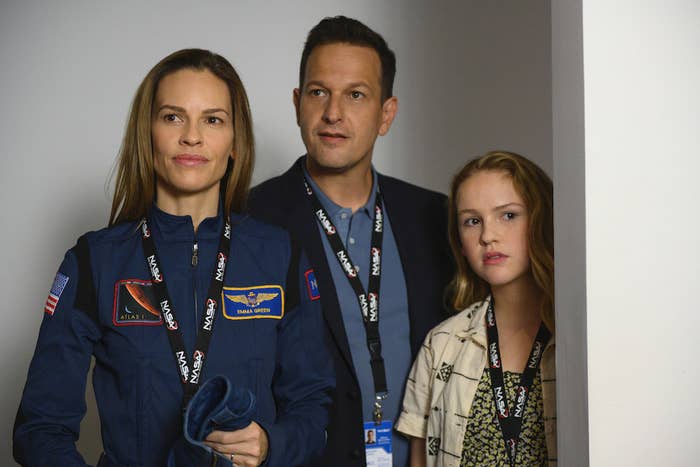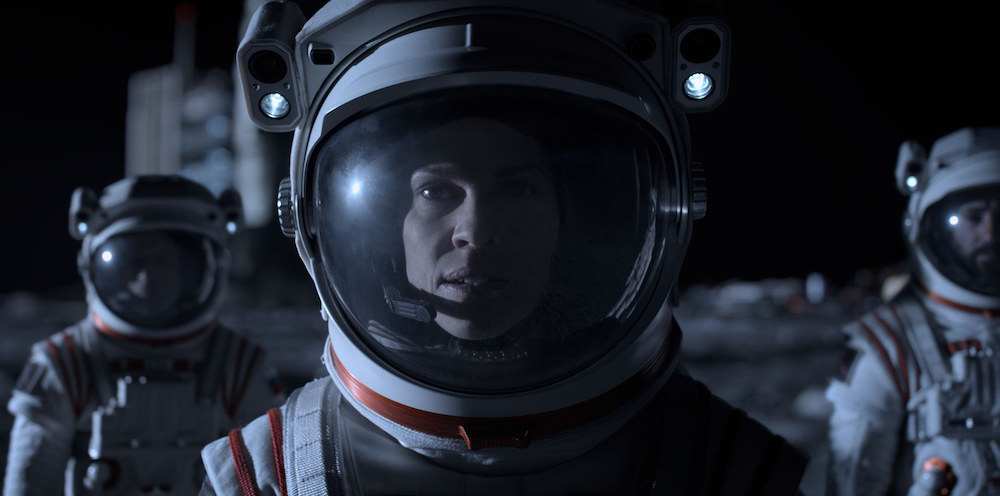
I’m a profound and dedicated believer in the Appointment Cry. I love to cry. I clear some time in my calendar for a good ol’ weep. The Appointment Cry, for me, is sacred. It’s a simple practice: You pick some go-to tearjerkers, whether it’s a movie or a TV show or song or painting or whatever, and you set aside time for it, and let it do its thing. Some tried and true Appointment Cry material: Coco, This Is Us, Remember the Titans. The end of Call Me By Your Name. Put on some Mitski. Sufjan will do, too.
The genius of the Appointment Cry is that it’s a safe space to process emotions. You feel safe in the hands of the Appointment Cry; it feels like therapy or a long hug from a good friend. You shed the kind of tears that help redirect the stress and sadness you may not be ready to look directly in the face.
The coronavirus pandemic has snatched away so much that is recognizable, and it can feel like a luxury to take time to mourn what was lost. Many of us exist in a liminal place where we feel lucky to have our health and the health of our loved ones, but still stare with wide eyes at the unfamiliar world we’re left to traverse. Relationships hit differently. You can’t hug your friends or your parents. You can’t celebrate milestones with people you love. It’s a grief that hangs in the air, unspoken, but not weightless. Having a good cry, on occasion, can make it feel better.
The genius of the Appointment Cry is that it’s a safe space to process emotions.
So when I heard about Away, a new Netflix series starring Hilary Swank as an astronaut headed to Mars and executive produced by Parenthood creator and Friday Night Lights producer Jason Katims (among others), I got excited. I am a fan of Katims’ work — or at least what I get out of it. Because when I watch Katims’ work, I cry. So much. I was also encouraged that the series has hovered near the top of Netflix’s most-watched list since its release in September.
Katims seems to know his own power. He’s aware that audiences turn to his shows for tears, though he is coy about doing it intentionally. “Is it that people enjoy actually being moved to tears, or do they enjoy actually seeing a story that makes them feel and seeing characters that they feel like they could connect to?” he asked in TV Guide. While he’s aware his shows cause mass crying events, he chalks it up to how his characters “tap into your emotional life...it means that you feel connected to the experience, and you’re not watching it from a distance.”
Friday Night Lights was a reliable tear extractor. Parenthood had a comforting rhythm, where tensions would flare — and stakes would get high — and then be resolved within a three-to-four episode arc. Often, they were resolved with hefty emotional payoff. It never mattered whether the shows were occasionally corny, it just mattered that they had heart and delivered the good stuff.
So you can imagine my excitement, then, for Away. Gonna cry some tears…in space. It made it even more exciting that the show was created by Andrew Hinderaker, a writer for a previous Katims project (Pure Genius). The showrunner, Jessica Goldberg, previously created The Path, a Katims production. It was basically the Avengers of the Katims Cinematic Universe. Unfortunately, in Away, Katims and company do not stick the landing. It’s an overly wooden show that is so hurried to lead with its maudlin schmaltz ambitions that they forgot to pack in the heart. Begrudgingly, once an episode or so, I cried a little.

The premise of Away is simple. Emma Green (Swank) is the commander of the Atlas, a space vessel headed to Mars, venturing beyond where humanity has ever been. Half of the action takes place on the mission, while the other half on earth.
Emma’s husband Matt (Josh Charles), who also works at NASA, has a medical emergency in the first episode, while at home with their daughter Alexis (Talitha Bateman). The emergency becomes the driving plot point behind much of Away: Can Emma be a good commander and a good mother and wife? Can she regain the trust of her fellow astronauts while building a new kind of trust with her daughter?
In Away, space is a shortcut. It artificially heightens the stakes of every plotline because it’s space! Emma’s straight-A teen daughter got a C in math while Emma’s in space! One of Emma’s fellow astronauts got sick with mono which is dangerous on earth but more so in space! At one point Emma has to arrange a doctor’s appointment for her husband from space! Emotional labor is worse when you’re in space!
As you can imagine, relying on space! to torque the stakes can get tiring quickly. You can only handle so many Space FaceTimes where Emma and Matt share long glances and say “I miss you.” You will feel nothing when Alexis says to a therapist, “If my mom wanted me to have support, she wouldn’t have gone to space.” (Space!)
While the writing in Away may drag, the acting does not. Swank, Charles, and Bateman put on sturdy performances, and they’re joined by an impressive cast. Vivian Wu ably plays Lu Wang, China’s representative on the mission while Ato Essandoh delights as rookie British astronaut Kwesi. Ray Panthaki and Mark Ivanir round out the space crew as Indian astronaut Ram Arya and Russian space veteran Misha, respectively. The space (space!) bunkmates have credible chemistry, undercut only by the show’s insistence to go at a crisis-per-episode pace, instead of letting the characters revel in each other’s company.
In Away, space is a shortcut. It artificially heightens the stakes of every plotline because it’s space!
This is not to say Away is completely devoid of genuinely moving moments. An intimate brush calligraphy scene that comes in the middle of one of the better plotlines for the show lands as lovely and earned. The father–daughter relationship between Bateman and Charles is brilliantly executed. The general contours of Emma’s struggle with her daughter growing up too quickly feel familiar even if they’re not fleshed out.
Ultimately, the infrequent moments of emotional substance are frustrating because Away should have been so good. It should have been Classic Katims good. It had all the markings of something that moves and soothes and thrills. It is expensive-looking and beautiful to look at. It behaves like a character study show with capable character actors. It even premiered in a moment where it could have had a lot to say — arriving six months into a new reality where we are getting accustomed to only seeing our loved ones on screen, and learning together all the ways this can be an insufficient medium to show our love. It could have been an honest exploration of what it actually means to be, well, away.
Instead, the show relies on manipulative devices that try to take a shortcut to the tears instead of actually earning them. The trademark Katims ability to connect you to the characters is muted or near-absent. Friday Night Lights wins the emotions through heartfelt dialogue; Parenthood does it through grounded conflicts that feel so real. These are nowhere to be found in Away. As a result, the stakes never feel high enough. Crisis after crisis, you never actually believe that anyone is in any real danger, or has emotional skin in the game.
Why, then, has it hung around the most-watched charts for weeks? I suspect it’s because even though Away was written before the pandemic, it feels like it’s grappling with some of the conflicts we’re trying to untangle now: maintaining relationships from a distance, hurtling towards an unknown future while tending to the anxieties of people we love. Even at its most artificial, Away’s blatant attempts at making you cry land as necessary medicine. It’s worth noting that while Away graces those charts, it’s often a few slots behind This Is Us, a trusted Appointment Cry for many. (That’s because us criers have taste.) Still, in a brutal news cycle with no escape, when we don’t have time to sort through the million things we’d like to cry about today, in a pinch, Away will do. ●
